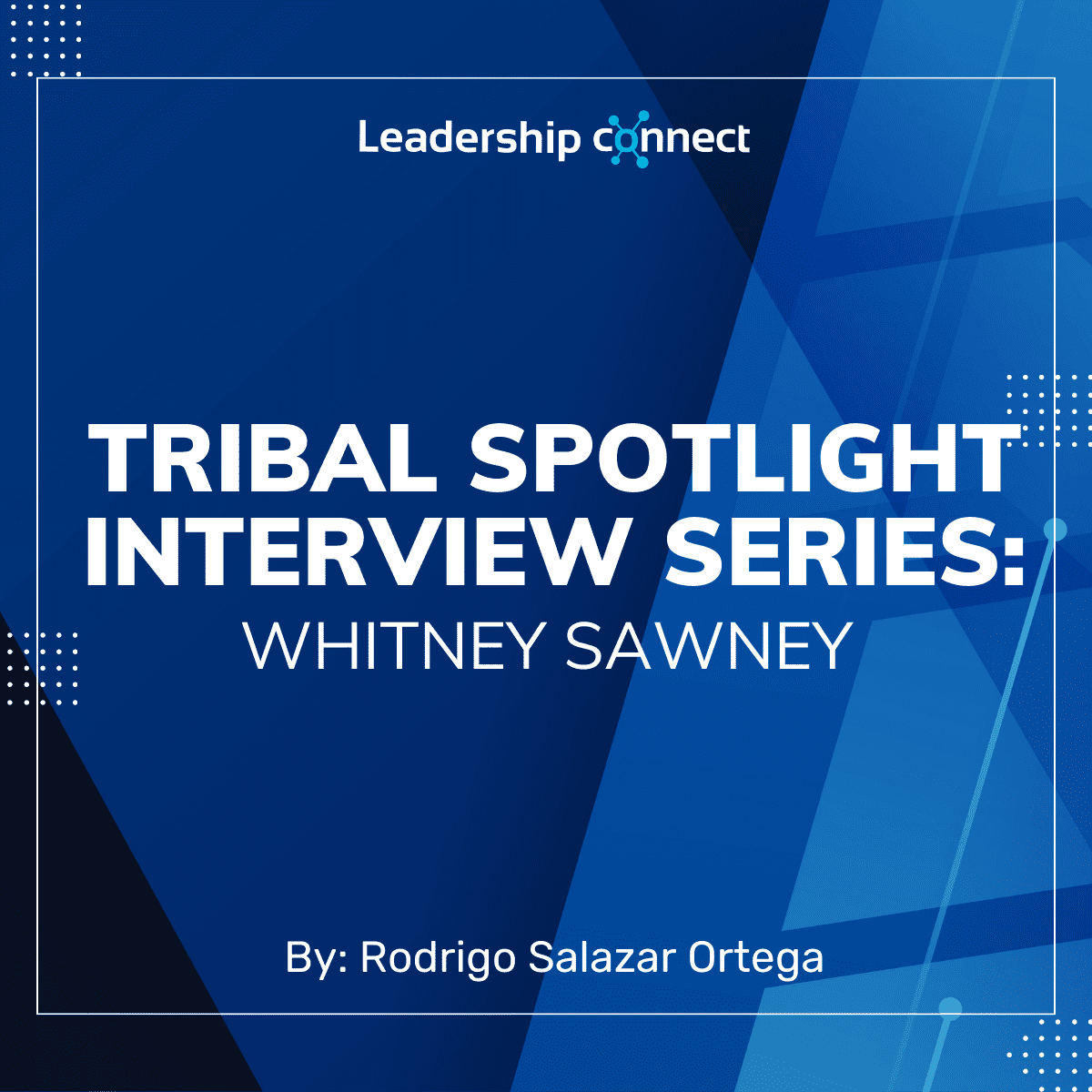For this spotlight I got to chat with Whitney Sawney, Director of Communications and Policy at Native American Agriculture Fund.
Can you tell me about your career path that has led you to where you are now?
I am a member of the Cherokee Nation. In college I studied political science and international relations; however, I got a chance to get more involved with native youth work through the National Congress of American Indians (NCAI). Through a program funded by AT&T I got to attend Goerge Washington University and work on the Hill under Senate Minority Leader Harry Reid. This gave me experience working on the Senate Committee on Indian Affairs. Afterwards I was awarded the NCAI fellowship where I focused on advocacy for tribal nations and their priorities to inform policy and directly impact communities. It is an experience that I recommend for anyone who wants to learn about Indian country. I worked on civic engagement, specifically voting, making the native vote count, and grants. I was there during the Standing Rock Reservation movement seeing international attention being garnered to protecting land and water systems with tribal voices leading the conversation online. This inspired me to return to my home state of Arkansas and build a communications department for NCAI. I focused on agriculture, and I wanted to engage with people in the space. I was then appointed to serve in the first tribal committee for the department of agriculture.
How did you become passionate about the intersection of tech, government, and tribal communities, and how do you stay informed and engaged in those areas?
My passion for tribal government relations and my focus on agriculture is rooted in our cultural values and family traditions. It is thinking about those that came before us, 7 generations ahead and 7 generations behind. It is all about connecting the past to the future. I especially remember my grandmother who expressed love and care through food, she would cook and sing and all of us grandchildren would gather to try to get the spot of just being next to her in the kitchen, and I am proud to say that I won. A lot of stories and cultural values go back to food. Health and nutrition access is crucial to sustaining and growing economies. You can’t have the whole puzzle without one piece. This is about me and how I identify. The results of the work we do impact our communities and ourselves.
What do you believe sets Tribal Government Relations apart as a unique work environment, and how do you navigate its challenges in your everyday work?
The history and culture are unique when it comes to tribal nations and their sovereignty. Native peoples have been stewards of the land for generations and agriculture is a massive part of it. It is a changing work environment with more tribal parity in legislation giving tribes sovereign authority over the way they manage land. Tribal sovereignty is different because when we engage with the government it involves a government-to-government relationship with a promise to include tribes.
Describe a challenging or rewarding project that significantly influenced your growth as a professional. How did you handle the challenge, and what did you learn from the experience?
Developing a policy communications team to work in native agriculture is challenging and rewarding. It is different than social media because we need to communicate nuanced pieces of policy to decision makers and the public. It has involved building a network of native agriculture communicators and working together with educators and others to raise awareness of priorities for tribes. We want to create a space to elevate native voices, especially young native voices to lead the narrative. We want to continue to see more representation in film and stories being told because they are being told by native people. It is their voices and their stories.
What advice would you give to someone navigating how to bridge the gap between traditional practices and modern governance structures?
Call on the network of people that you trust. When I was in college, I was the only native student in a lot of classes. This meant that I always had to speak up and say, “what about tribes?” which made me feel isolated. It is important to stay in touch and work together but also for organizations and tribes to support their youth through cohort and professional development. Invest in people to feel empowered.
For people who are not members of a tribal nation, it starts with your personal initiative to learn history and background. Humble yourself to engage with tribes; understand that you need time to build trust and put yourself at a listening perspective. Be intentional about learning about history and priorities.
Word Association, what is the first word that comes to mind for each of there?
- Policy – Communication
- Networking – Support
- Communications – Positive Narratives
- Leadership Connect – Building Professionals






